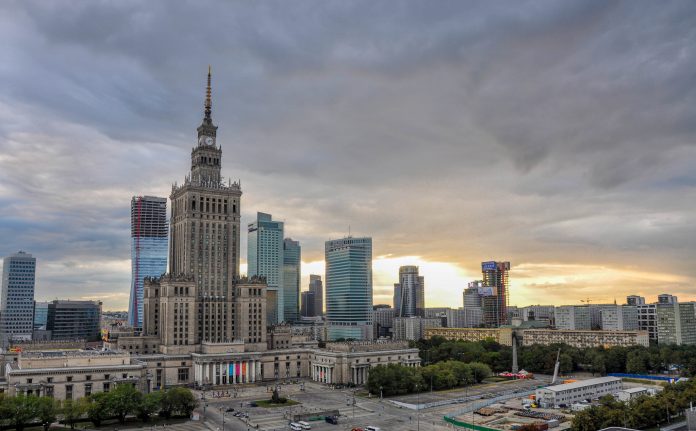Builders, welders and other manual labourers are in short supply in Poland as locals leave to work in Western European countries like Germany or the UK. The only way to fill jobs left open is to recruit foreign workers.
According to demographers, the situation will get worse, posing a threat to Poland’s continuous streak of economic growth since the fall of communism in 1989.
As reported by the Agence France-Presse (AFP), Poland’s child-rearing generation is currently having only half the number of children than those born in the post-WWII baby boom. Combined with the exodus of skilled workers to Western Europe, where salaries are higher, the result is that a labour shortage looms.
According to official forecasts, by 2030 one in five jobs will be vacant.
Poland’s economy will need 20m workers at a time when the working age population will be down to 16m people.
In the construction sector, the deficit is already at 100,000 people, according to the deputy president of Poland’s union of construction employers, Rafal Baldys Rembowski.
The country’s biggest construction firm Budimex, which is controlled by Spain’s Ferrovial, is already seeking to hire as many as 1,000 extra workers. The company’s spokesman Krzysztof Koziol told AFP: “We’re seeing a labour shortage in our company, but the same goes for our subcontractors, who are also complaining. Sometimes they offer to provide us with construction equipment but then add that they don’t have anyone to drive it”.
According to Koziol, there is a need for masons, carpenters, concrete mixers, plasterers, pavers, drivers and machine operators. “Too few foremen and engineers too,” he said.

